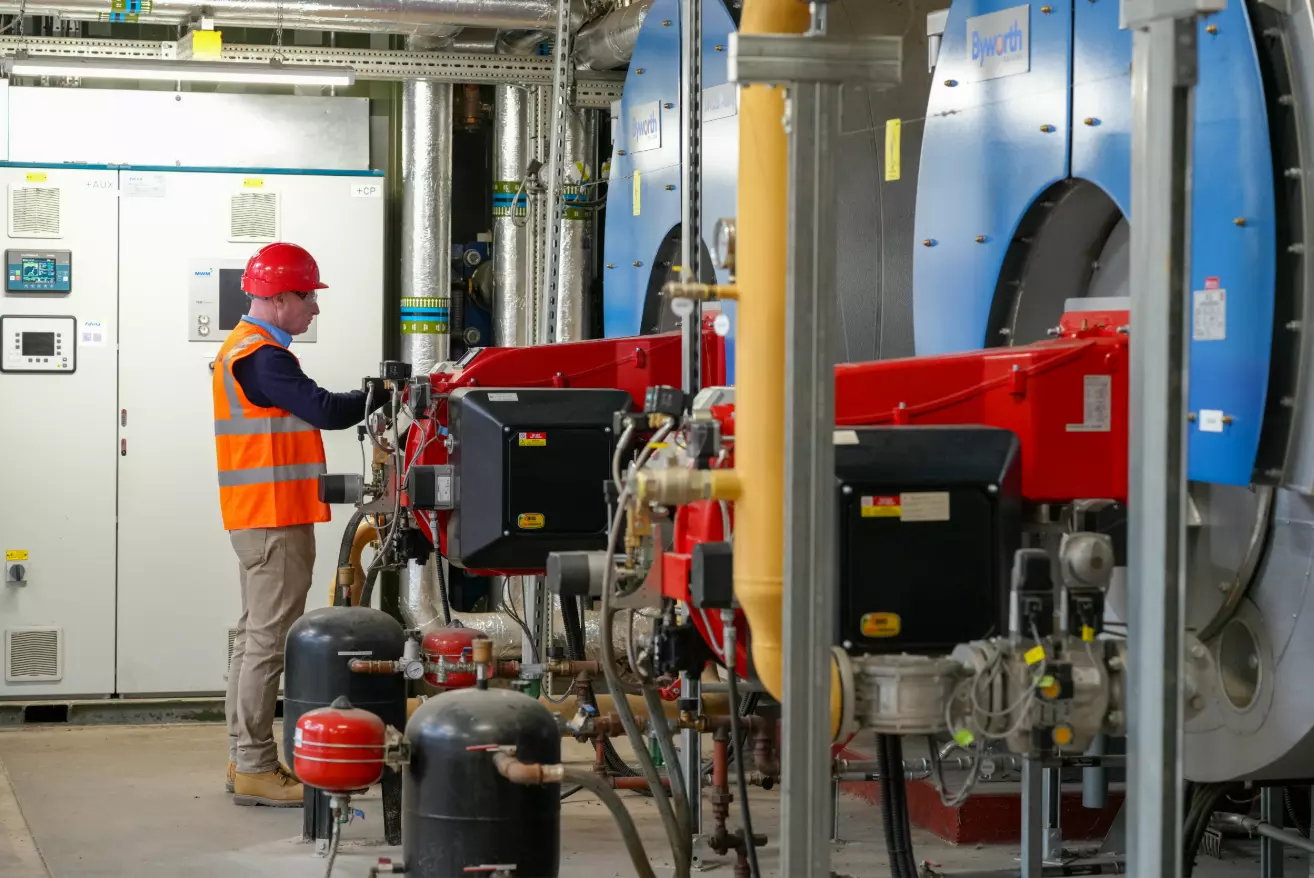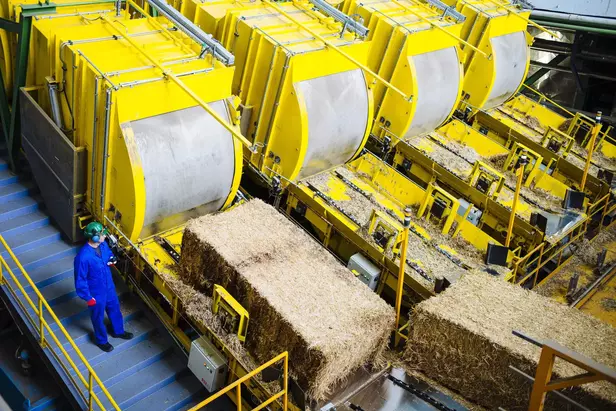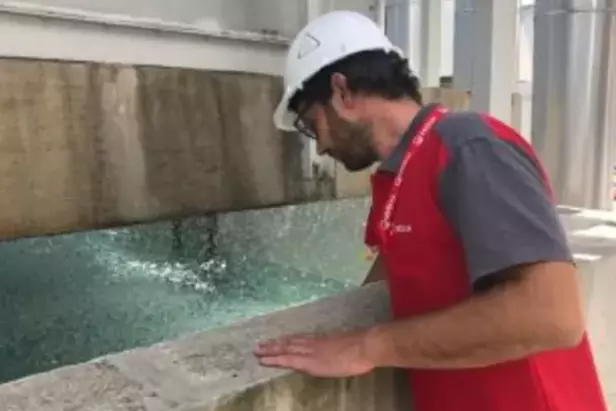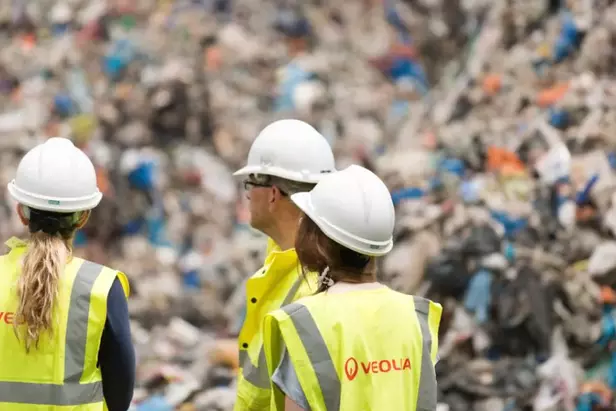Heating our buildings accounts for nearly 40% of Ireland’s energy use, and most of it still relies on fossil fuels. As the country moves towards net zero, decarbonising heat has become one of Ireland’s most pressing challenges.
At Veolia, we are helping lead this transition through district heating networks delivering efficient, reliable, and low-carbon heat to businesses and public buildings.
Drawing on Veolia’s global expertise and local knowledge, our goal is simple: to make sustainable heating practical, affordable, and scalable across Ireland.
Smarter, cleaner, more reliable heat
How it works?
Using renewable, recovered or waste heat to replace heat produced using fossil fuels, such as oil or gas, is the key aspect of decarbonising heat in Ireland.
District heating networks, designed specifically to distribute heat via insulated pipes from central sources of heat to dedicated users, can play an important role in making Ireland’s business more sustainable.
What are the benefits?
This approach delivers immediate, tangible benefits:
- Reduced carbon emissions
- Improved air quality and safety
- Lower maintenance costs and simplified management, with Veolia providing full operational support
- Enhanced reliability, comfort and energy security
Proven expertise delivered locally
Veolia offers innovative solutions to decarbonise our customers energy usage. In each project we deliver and we adapt our proven global technologies to the local context, ensuring that systems are designed to match regulatory, environmental, and technical requirements.
Infrastructure installation to connect heat sources with heat takers
Expert maintenance of the Energy Centre and equipment by skilled engineers and technicians
A continuous supply of heating and hot water
A customised level of service through remote and on-site capability
Our district heating team provides:

From feasibility studies and design, construction, and long-term operation, we provide turnkey solutions, ensuring optimal performance, energy efficiency, and meeting decarbonisation targets.

Hungary
Since the end of 2013, Pécs, the fifth largest city in Hungary, has been home to Europe’s largest all-biomass cogeneration heating network. We operate two production units: a 35 MW-power plant powered by 180,000 metric tons of straw a year, and a 50 MW-power plant running on 400,000 metric tons of wood and wood residue. The recovered biomass is sourced from regional farmers and forestry operators. This means we can meet 60% of the city’s need for heating while also avoiding the annual emission of 400,000 metric tons of CO2.

Portugal
The hospital in São João, Portugal, is home to a major cogeneration power plant supplying the healthcare facility with heat, cold water, steam and electricity. The installation, that we renovated and have operated since 2011, produces 37.5 GW of electricity a year, enough to power 15,000 homes. It has a total annual thermal capacity (cold, steam and heat) of 36 GW. This plant, the largest city-based cogeneration unit in the country, helps prevent the emission of 10,000 metric tons of CO2 a year.

United Kingdom
Construction of a new district heating network in partnership with Southwark Council to supply nearly 5,000 households, schools, and social housing, saving approximately 14,000 tonnes of CO2 emissions annually. The facility uses 75GWh per year of low-carbon heat generated from non-recyclable waste, with around 60% renewable content from its biogenic component.
With Ireland’s Climate Action Plan aiming for a major expansion of district heating by 2030, there has never been a better time to act.


